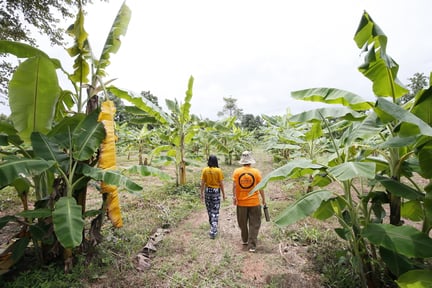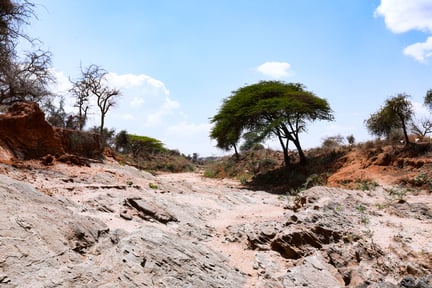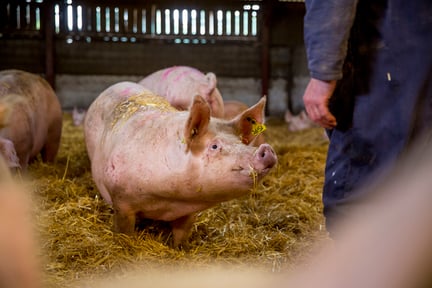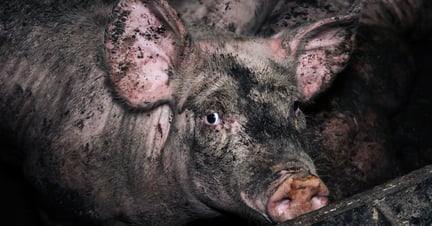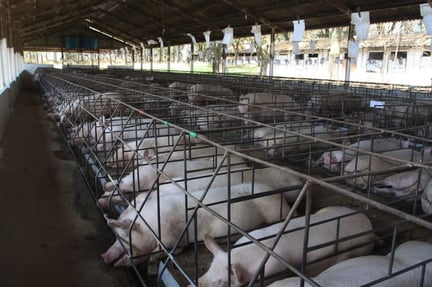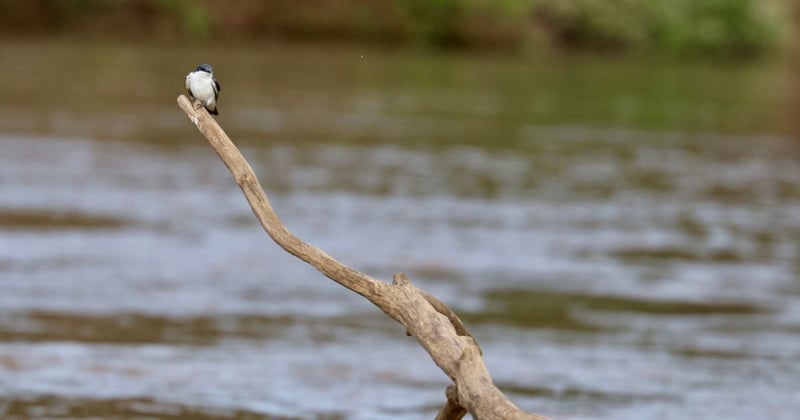
Brazil unveils a new Carbon Market Integration Initiative at COP30, raising concerns about greenwashing and risks to animals and ecosystems.
Brazil has announced the launch of the Carbon Market Integration Initiative at COP30. The proposal is designed to connect carbon markets across countries and improve transparency, liquidity, and access to climate finance.
While this step could strengthen global climate action, it also carries significant risks for animals, people, and the planet if safeguards are not firmly established from the outset.
For many communities, effective climate policy is directly tied to the protection of local ecosystems and the animals who depend on them. Any new global carbon mechanism must therefore advance genuine decarbonisation and avoid creating fresh opportunities for companies to offset their way out of responsibility.
Without careful oversight, carbon market integration could widen existing loopholes that allow high emitting industries to continue with business as usual.
Risk of greenwashing and harm to animals
Market-based climate tools have previously faced criticism for enabling polluters to buy credits instead of making direct emissions cuts.
If not carefully designed, carbon market integration could inadvertently support practices harmful to animals or ecosystems.
Though any system that would help improve climate finance and transparency is welcome, this Integration could open the door to further greenwashing from companies like JBS who are keeping billions of animals trapped in factory farming.
Without strict safeguards, it risks scaling up animal suffering on factory farms, where pigs are kept in cages so small they can't turn around or cows are transported on gruelling journeys without food or water.
At a minimum any Integration must exclude credits linked to industrial animal agriculture or biodiversity loss, and instead ensure that carbon revenue is put toward genuine ecosystem restoration, rewilding, and community-led conservation.
A call for real climate integrity
We are urging governments at COP30 to ensure that any global carbon market strengthens efforts to cut emissions while protecting animals, ecosystems, and communities. International cooperation should prioritise direct emissions reductions, climate-resilient food systems, and nature-positive solutions.
Carbon markets must never reward systems that damage ecosystems, drive biodiversity loss, or cause animal suffering. Instead, they should support emissions reduction and ecosystem restoration led by community conservation. A just transition to a human, ethical, and sustainable food system can support this.
Next steps for governments
To ensure meaningful impact, we recommend that governments:
- Exclude credits linked to industrial animal agriculture or ecosystem destruction
- Maintain emissions reductions as the primary goal
- Ensure carbon finance supports restoration, rewilding, and community-led conservation
- Include safeguards to protect animal welfare and biodiversity
Only with these protections in place can climate market integration become a tool that supports animals, people, and a stable climate.
Related content
Conference of the Parties (COP) Guide
Learn about the Conference of the Parties (COP) and how World Animal Protection advocates for animals in global climate and biodiversity discussions. Take action today!
Just Transition In Food Systems
Discover why a just transition is essential to end factory farming, protect animals, and build sustainable food systems that tackle climate change.
World Animal Protection Climate Change Hub
Discover everything that World Animal Protection is doing to tackle the climate crisis and what you can do to help.

